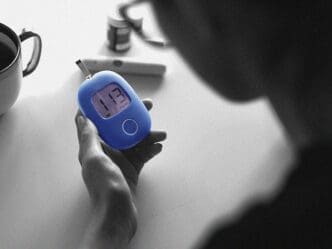Managing blood sugar levels is a critical part of living with type 2 diabetes, requiring consistent monitoring and lifestyle adjustments. Understanding how to effectively regulate these levels can prevent complications and improve quality of life.
After a type 2 diabetes diagnosis, prioritizing the management of blood sugar is essential. Many individuals find that integrating lifestyle changes can significantly aid in controlling this chronic condition. Among the most effective strategies are adopting a balanced diet and engaging in regular physical activity. These changes not only help regulate blood sugar but also contribute to overall health improvement.
Research indicates the importance of a well-structured diet in managing type 2 diabetes. Diets rich in whole grains, vegetables, and lean proteins, while low in processed sugars, are beneficial. Incorporating such dietary habits can reduce the risk of blood sugar spikes, thereby minimizing potential health risks associated with hyperglycemia and hypoglycemia.
Exercise is another cornerstone of managing type 2 diabetes. Regular physical activity helps improve the body’s insulin sensitivity, making it easier to regulate blood glucose levels. Activities such as walking, cycling, or swimming can be particularly effective. Moreover, maintaining a routine can aid in weight management, which is crucial since excess weight is a known risk factor for diabetes-related complications.
Understanding that life continues after a diabetes diagnosis is crucial for mental and emotional well-being. Embracing a proactive approach to managing the condition can lead to a fulfilling life. Engaging with support groups or educational resources can provide additional insights and support, helping individuals navigate the complexities of the disease.
Despite the advancements in medical treatments, lifestyle interventions remain a fundamental aspect of managing type 2 diabetes effectively. By staying informed and proactive, patients can make informed decisions about their health, ensuring they lead a balanced and healthy life.
Managing type 2 diabetes requires dedication and informed decisions regarding lifestyle changes, focusing on diet and exercise. By adopting these strategies, individuals can effectively control their blood sugar levels and improve their overall well-being, demonstrating that with the right tools and knowledge, living with diabetes can be manageable.
Source: MedicalNewsToday








